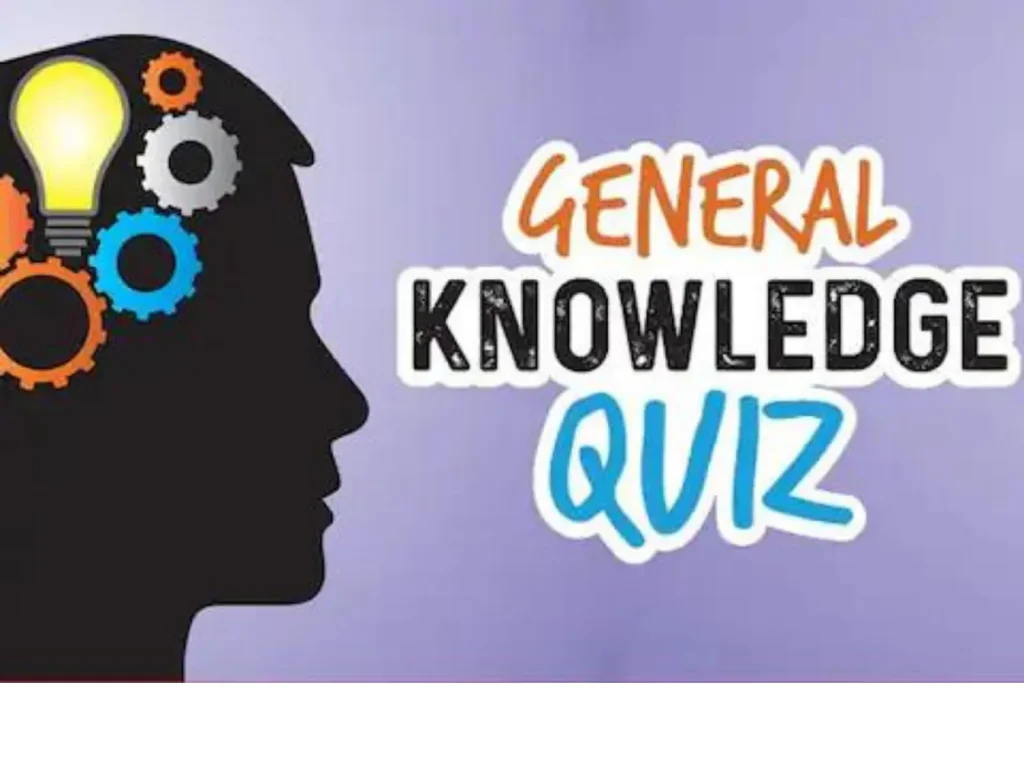Can a Current Affairs Quiz Really Help Crack the General Awareness Section?

Success in competitive exams depends heavily on how well each section is handled. Among them, the general awareness part often gets overlooked. Many aspirants focus on math or reasoning and leave this section for the final weeks. That delay usually proves costly. Scoring well in general awareness requires regular updates and a strong memory, which builds only with time and consistent effort.
One of the most effective ways to stay sharp is by attempting a current affairs quiz regularly. It provides real-time feedback and builds confidence. This method keeps learners actively engaged with important events instead of passively reading. This article explores how quizzes can be used to master the general awareness portion and perform better during actual exams.
Encourages Active Recall Instead of Passive Reading
Reading news articles or monthly summaries is useful, but only up to a point. The real test is whether that information stays in the memory. Active recall, the practice of retrieving facts from memory, is more effective than simply re-reading. Quizzes are designed to support this process. By repeatedly answering questions on the same topics, information becomes easier to remember. This method helps build long-term memory and supports better recall during the exam.
Builds Accuracy Through Repeated Practice
Mistakes in general awareness usually happen because of confusion between dates, figures, or names. Practicing through quizzes highlights such errors early. When these details are corrected quickly, accuracy improves over time. With regular practice, learners also begin to identify question patterns. They can predict how certain topics might be asked and prepare accordingly. This sharpens exam instincts, which becomes crucial when time is limited.
Makes Preparation Less Boring
Staying updated with current events can become dull if the method is too static. Reading long news articles or revising dense notes may not keep everyone engaged. A quiz adds variety to the preparation routine. Interactive methods like quizzes keep motivation high. They also introduce a competitive element—even if one competes only with previous scores. This dynamic format helps break the monotony and makes daily updates more manageable.
Helps Track Strong and Weak Areas
It’s not enough to know the news; it’s important to know how well it’s understood. A regular testing schedule helps identify which topics are retained and which ones need more revision. Without such feedback, learners may overestimate their preparation.
Here’s how tracking works best:
- Take a quiz after reading current events
- Record the score and note the missed questions
- Review the related topic within 24 hours
- Retake the same quiz after a week
- Repeat this cycle for the next set of updates
This approach helps fix knowledge gaps and ensures no important information is missed.
Improves Speed and Reduces Guesswork
During the actual exam, time pressure makes general awareness feel tougher than it is. Candidates rush through questions and often rely on guesses. Regular quiz practice trains the brain to identify answers faster, with more certainty. Familiarity with a wide range of questions leads to quicker recognition of correct answers. This reduces dependence on guesses and improves overall accuracy. A well-prepared candidate can finish this section quickly and use the saved time on others.
Supports Revision in Less Time
Revision is necessary, but time is limited. Going through pages of notes days before the exam may not be practical. A quiz-based revision plan can solve this issue. Practicing with questions based on past and recent events acts as a quick review tool. These short tests compress large topics into focused attempts. They refresh memory and highlight key facts without needing full re-reading. This method helps build confidence during the final stretch of preparation.
A current affairs quiz offers much more than a score—it helps develop memory, boost accuracy, and shape a stronger exam strategy. General awareness may seem unpredictable, but it becomes manageable when approached with the right tools. Interactive practice turns routine learning into performance-driven preparation. With consistent effort and smart planning, even the most static content becomes a scoring opportunity.
